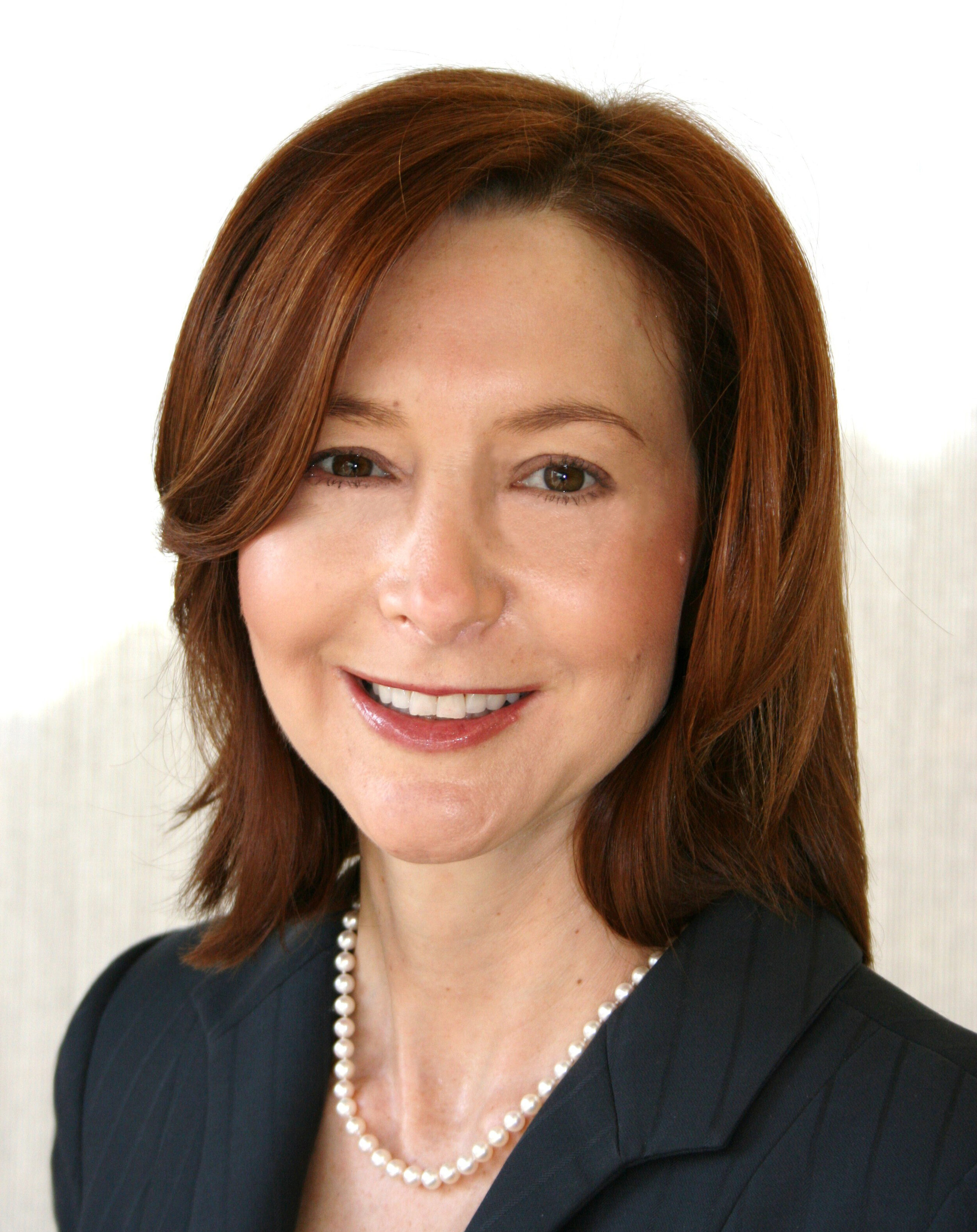Seleni Spotlight: Erica Mindes, Ph.D., Psychologist
February 2021 - Dr. Mindes is a psychologist with more than a decade of experience providing counseling to individuals and couples struggling with infertility, the stress of treatment, miscarriage, pregnancy after loss, and perinatal mood and anxiety disorders. She also counsels those considering building their families through third-party reproduction, including LGBTQIA+ couples and single parents.
Tell us a little bit about yourself.
I was raised in the New York metro area but lived in Richmond, Virginia for many years. In Virginia, I worked as a psychologist in a private practice that specialized in reproductive and perinatal mental health. During that time, I was also on the psychological support staff at a fertility practice. My spouse and I recently had the opportunity to relocate to New York City and be closer to our families. Our move was a big transition, but I’m thoroughly enjoying living in the city, even in the midst of a pandemic.
What are your specialty/focus areas? Why do you find these areas particularly important?
Psychology was a second career for me. I initially developed an interest in the psychological impact of infertility and fertility treatment based on my own experiences creating a family as well as those of my friends and family members. At the time, there was less awareness and psychological support available for individuals and couples dealing with a fertility problem. There was a lot of stigma and people just didn’t talk about it. I thought, “Why is that happening?” I eventually went back to graduate school for psychology and most of my research focused on stress and coping with infertility and treatment.
When I first went into practice, I worked with clients who were struggling with infertility and the stresses of treatment, including third-party reproduction, and miscarriage. Clients would often return to me for therapy during pregnancy, postpartum, or the transition to parenthood. So very quickly the focus of my practice expanded to include the scope of issues that arise during the family building years.
Individuals and couples often have a narrative or idea in their mind of how they imagine their family will come to be and what pregnancy and parenting will be like for them. When the reality doesn’t match the narrative, it can lead to feelings of distress. It can be helpful to work through those feelings with a therapist. Sometimes it’s necessary to rewrite the narrative. A therapist who specializes in reproductive and perinatal mental health understands the unique challenges associated with family building and can offer a targeted approach to providing support and therapy.
What excites you most about being part of the Seleni family?
I’ve been so impressed by Seleni’s clinical team -- their level of expertise and the way they support one another in their work. I’m also passionate about Seleni’s mission. I think it’s important to have a full practice that focuses on the emotional health of individuals, couples and families during the family-building years.
What is your favorite podcast, movie, book, or magazine, related to the field of mental health?
I enjoy the “Mom and Mind” podcast hosted by Dr. Kat Kaeni. She addresses a wide range of perinatal mental health issues and interviews experts as well as everyday people who’ve had these experiences. The episodes on fathers and perinatal mental health stand out for me because it’s a subject often overlooked.
How do you practice self-care?
Exercise! Before COVID-19, I used to go to the gym for cardio and free weights.
These days, I enjoy taking my golden retriever on long walks. I plug in headphones and listen to podcasts or music. I love walking through Riverside Park and looking out on the Hudson. It’s a wonderful place to think or just clear my head.
What is your favorite thing to do to wind down the day?
I talk with my spouse at the end of each day. Just 10 minutes or so to catch up with one another. We might talk about something mundane that occurred during our day or just connect with one another.
What is the best piece of advice you have ever received?
My mother used to say, “There are many ways to slice an onion.” Only as an adult did I realize she was saying that there can be many ways to perceive or respond to a given situation. Understanding that has helped me personally, but also in the work I do. At times, it can be helpful to reframe an issue – to “slice the onion” – in a different way.
How has COVID impacted moms and families, and what can we do to better support them during this time?
Parents and families are juggling so much right now. In addition to isolation and restrictions on their movement, they are also contending with changes in their kids’ schedules, remote learning and lack of consistent childcare. Amid all of this there are the ongoing demands of a career and possibly financial challenges related to this pandemic.
For those who are part of a couple, it’s important for each person to make time for self-care. Those who part of a “pod” should welcome the physical support and resources of others (when done in a safe and appropriate way). I also see a real need for support or therapy groups right now. People are so isolated, but therapy groups can offer wonderful support and useful approaches to coping with the pandemic.
—
For more information about Dr. Erica Mindes, learn more here.











